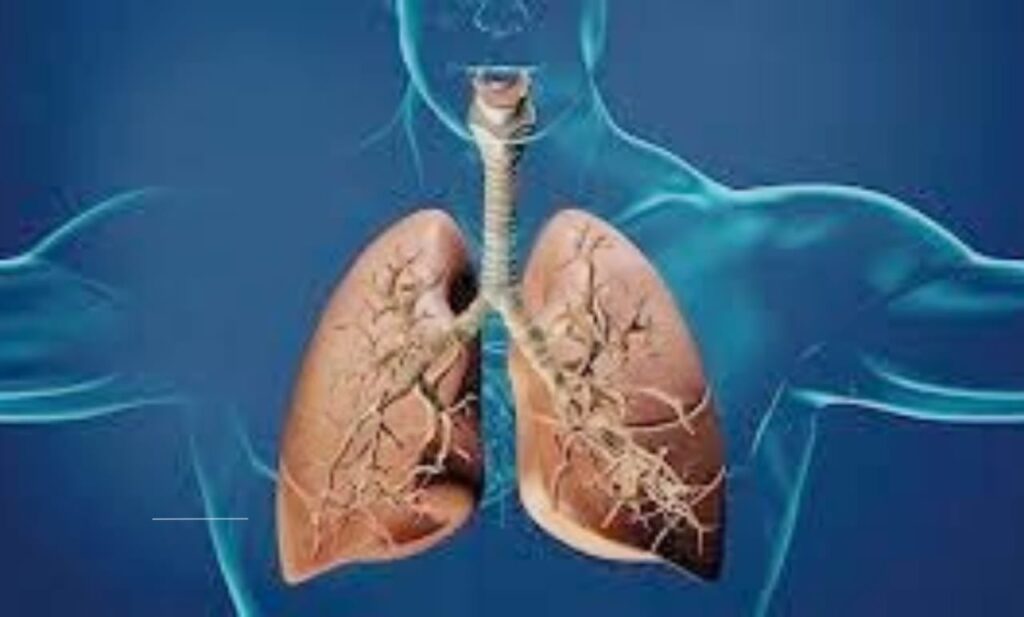
Pneumonia is a serious respiratory infection that affects millions of people worldwide every year. Whether caused by bacteria, viruses, fungi, or other pathogens, it demands prompt and effective treatment to prevent complications. But with so many options available—antibiotics, antivirals, supportive therapies, and lifestyle adjustments—how do patients and healthcare providers determine the best course of action? This article breaks down the most effective pneumonia treatment strategies, supported by medical guidelines, expert insights, and real-world evidence.
Understanding Pneumonia: Causes and Types
Before diving into treatments, it’s essential to understand what pneumonia is and how it develops. Pneumonia occurs when the air sacs in one or both lungs become inflamed, often filling with fluid or pus. This leads to symptoms like cough, fever, chills, and difficulty breathing. The infection can range from mild to life-threatening, depending on the cause, the patient’s age, and their overall health.
Types of Pneumonia
- Bacterial Pneumonia
The most common and severe form, often caused by Streptococcus pneumoniae (pneumococcus). - Viral Pneumonia
Frequently linked to influenza, RSV, or SARS-CoV-2 (COVID-19). - Fungal Pneumonia
Rare but serious, typically affecting immunocompromised individuals. - Aspiration Pneumonia
Caused by inhaling food, liquids, or vomit into the lungs.
Each type requires a tailored treatment approach. Misdiagnosis or delayed care can worsen outcomes, making accurate testing critical.
Bacterial Pneumonia: Antibiotics as the First Line of Defense
Antibiotics are the cornerstone of bacterial pneumonia treatment. However, not all antibiotics work for every case. The choice depends on factors like the patient’s age, severity of illness, and local antibiotic resistance patterns.
Commonly Prescribed Antibiotics
- Amoxicillin: A first-line option for mild community-acquired pneumonia (CAP).
- Macrolides (e.g., azithromycin): Used for patients allergic to penicillin or in areas with high pneumococcal resistance.
- Respiratory Fluoroquinolones (e.g., levofloxacin): Reserved for moderate to severe cases or hospital-acquired pneumonia (HAP).
- Ceftriaxone + Macrolide: A combination therapy for critically ill patients requiring hospitalization.
Why Timing Matters
Studies show that administering antibiotics within 4–8 hours of diagnosis reduces mortality rates by up to 15%. Delays can lead to sepsis or respiratory failure.
Case Study: Overcoming Resistance
In 2019, a 65-year-old patient with CAP in New York was initially treated with amoxicillin but showed no improvement. Cultures revealed penicillin-resistant S. pneumoniae, prompting a switch to levofloxacin. The patient recovered fully, highlighting the importance of antibiotic susceptibility testing.
Expert Insight
Dr. Laura Simmons, an infectious disease specialist, emphasizes: “Overprescribing broad-spectrum antibiotics fuels resistance. We must balance urgency with precision.”
Viral Pneumonia: Antivirals and Supportive Care
Unlike bacterial pneumonia, viral cases don’t respond to antibiotics. Treatment focuses on antiviral medications, symptom management, and preventing secondary infections.
Key Antiviral Therapies
- Oseltamivir (Tamiflu): Effective against influenza if started within 48 hours of symptom onset.
- Remdesivir: Used for severe COVID-19 pneumonia, reducing hospital stays by 30% in clinical trials.
- Ribavirin: Reserved for RSV infections in high-risk groups like infants.
Supportive Measures
- Oxygen Therapy: Critical for patients with low blood oxygen levels.
- Hydration and Rest: Helps the immune system fight the virus.
- Corticosteroids: Controversial but sometimes used to reduce inflammation in severe COVID-19 cases.
The Role of Vaccination
Annual flu shots and COVID-19 vaccines significantly reduce the risk of viral pneumonia. The CDC reports a 40% decrease in flu-related hospitalizations among vaccinated adults.
Fungal Pneumonia: Targeted Antifungal Treatments
Fungal pneumonia is rare but dangerous, especially for those with weakened immune systems (e.g., HIV/AIDS, chemotherapy patients).
Treatment Options
- Fluconazole: First-line for mild Candida infections.
- Amphotericin B: A potent but toxic drug for severe cases like Aspergillosis.
- Voriconazole: Preferred for invasive fungal infections due to its broad spectrum.
Challenges in Diagnosis
Fungal pneumonia often mimics bacterial or viral forms. Bronchoscopy or lung biopsies are sometimes needed for confirmation.
Supportive Therapies for All Pneumonia Types
Regardless of the cause, certain therapies aid recovery and prevent complications:
- Oxygen Supplementation
Used when blood oxygen levels drop below 92%. Severe cases may require mechanical ventilation. - Chest Physiotherapy
Techniques like percussion and postural drainage help clear mucus in patients with chronic lung conditions. - Pain and Fever Management
Acetaminophen or ibuprofen alleviates discomfort without suppressing the immune response. - Nutritional Support
High-protein diets and hydration accelerate healing. A 2020 study found malnourished patients had 50% longer hospital stays.
Pediatric vs. Adult Pneumonia: Tailoring Treatments
Children and adults require different approaches due to variations in immune response and drug metabolism.
Pediatric Considerations
- Amoxicillin: First-line for bacterial pneumonia in kids.
- Avoid Aspirin: Linked to Reye’s syndrome in viral infections.
- Nebulizers: Deliver albuterol to relieve wheezing.
Adult Considerations
- Comorbidities: Conditions like COPD or diabetes complicate treatment.
- Vaccination: Pneumococcal and shingles vaccines are recommended for adults over 65.
Emerging Treatments and Research
Medical advancements continue to refine pneumonia care:
- Phage Therapy: Experimental use of viruses to target antibiotic-resistant bacteria.
- Immunomodulators: Drugs like tocilizumab calm cytokine storms in severe COVID-19.
- Precision Antibiotics: Genetic testing to identify the most effective antibiotic for a specific strain.
Prevention: The Best Defense Against Pneumonia
Preventive strategies reduce the risk of infection and severe outcomes:
- Vaccines: Pneumococcal, flu, and COVID-19 vaccines.
- Hand Hygiene: Reduces transmission of pathogens.
- Smoking Cessation: Smokers are 3x more likely to develop pneumonia.
This comprehensive guide underscores the importance of personalized, evidence-based pneumonia treatment. By combining the right medications, supportive care, and preventive measures, patients can achieve faster recovery and minimize long-term health impacts. Always consult a healthcare provider for diagnosis and treatment plans tailored to your specific condition.
